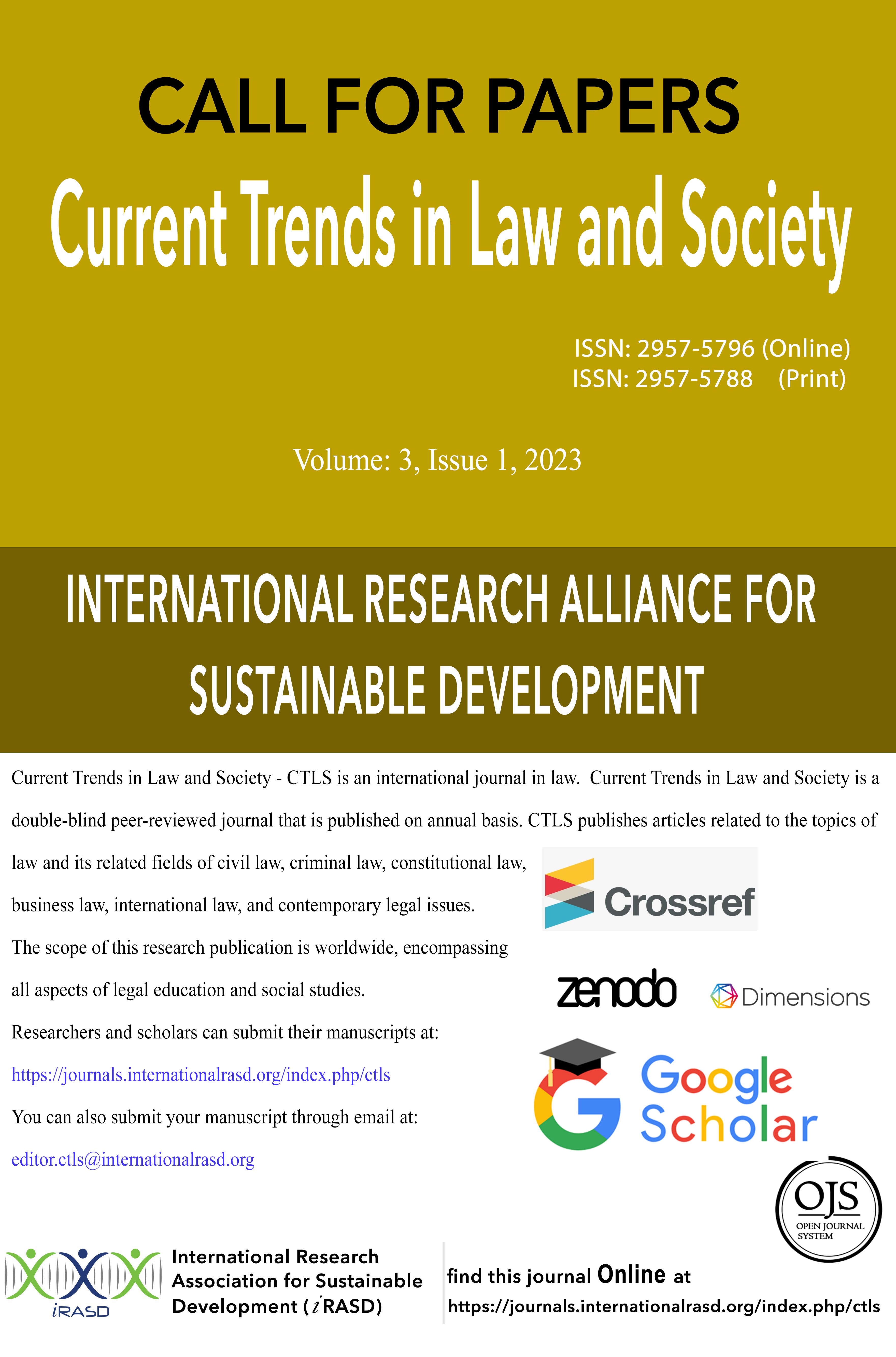An in-depth analysis of the Human Rights Act of 1998 and the Bill of Human Rights UK, examining the advantages and disadvantages
DOI:
https://doi.org/10.52131/ctls.2024.0401.0039Keywords:
Human Rights Act 1998, Bill Of Human Rights UK, European Convention On Human Rights (ECHR), Parliamentary Sovereignty, Judicial Oversight, Human Rights Protections, UK Law, Legal Framework, Democratic Accountability, International Human Rights Standards.Abstract
This analysis explores the Human Rights Act of 1998 and the proposed Bill of Human Rights in the United Kingdom, examining their respective advantages and disadvantages. The Human Rights Act of 1998, a cornerstone of UK law, incorporates the European Convention on Human Rights into domestic legislation, providing citizens with direct access to human rights protections through UK courts. Key advantages of the Act include the promotion of human rights awareness, the enhancement of judicial oversight, and the provision of a legal framework that ensures accountability of public bodies. However, it also faces criticism for potentially undermining parliamentary sovereignty, creating legal ambiguities, and fostering a perceived overreach by the judiciary. In contrast, the proposed Bill of Human Rights aims to address perceived shortcomings of the Human Rights Act by reasserting the primacy of UK law and Parliament. Proponents argue that it would restore democratic accountability and reduce the influence of the European Court of Human Rights on domestic affairs. However, critics warn that it may weaken protections for individuals, diminish the role of the judiciary in safeguarding rights, and erode the UK's commitment to international human rights standards. This analysis concludes by weighing the potential impacts of replacing the Human Rights Act with a Bill of Human Rights, highlighting the complex interplay between legal frameworks, individual rights, and state sovereignty.
Downloads
Published
Issue
Section
License
Copyright (c) 2024 Syed Raza Shah Gilani, Ali Mohammed Al Matrooshi, Ali Fayyaz Awan

This work is licensed under a Creative Commons Attribution-NonCommercial 4.0 International License.







